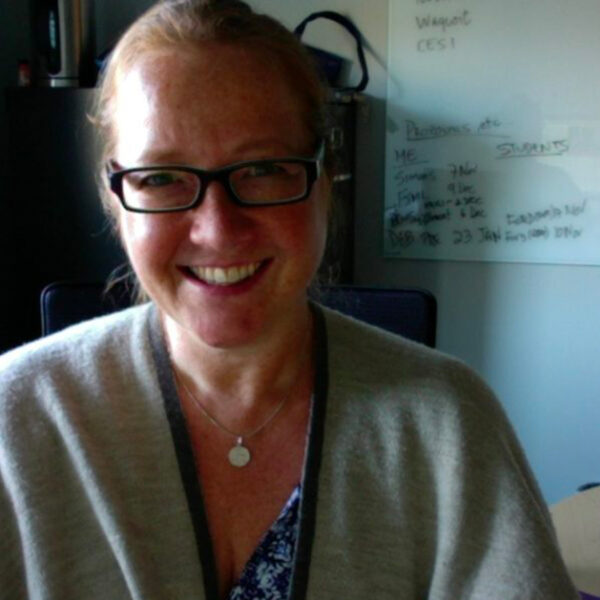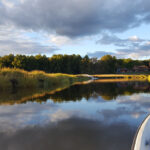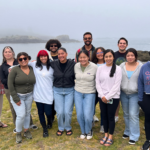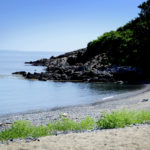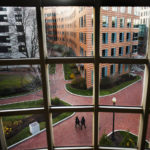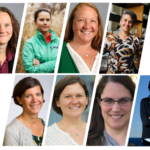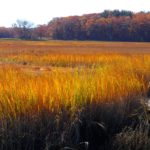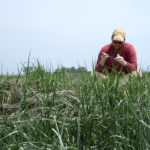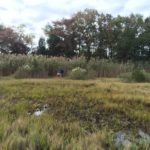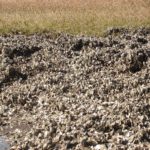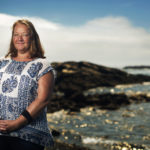About Jennifer Bowen
My work runs the gamut from understanding how human derived nutrients are altering the structure and function of salt marshes to examining whether oyster aquaculture increases the prevalence of both beneficial and harmful microorganisms in the environment. At the broadest levels, I am interested in how human activities are altering the structure and function of microbial communities and in turn how microbial communities can help ameliorate pollution from human sources.
The Boston area provides a great location for understanding how urban ecosystems influence biogeochemical cycling and the microbes that are responsible for those processes. Currently funded projects in my lab include 1) a long-term nutrient enrichment experiment at the Plum Island Long-Term Ecological Research site in Northern Massachusetts that aims to understand how coastal eutrophication will affect the sustainability of salt marsh ecosystems, and 2) Understanding how marsh restorations, including the Rumney Marsh, in Revere, MA, alter the capacity of marshes to remove land-derived nitrogen. We also have new projects that we are starting examining different aspects of plant – microbe and animal – microbe interactions, including how the invasive reed Phragmites australis alters microbial community structure compared to native lineages and how antibiotic treatment affects the microbiome of the Kemps Ridley sea turtle using a variety of cutting edge tools from molecular biology and biogeochemistry.
Much of the research in the Bowen Lab is focused on how salt marsh microbial communities, and in particular those microbes that are important in the nitrogen cycle, respond to global change drivers.
Publications:
-
Google ScholarRead
